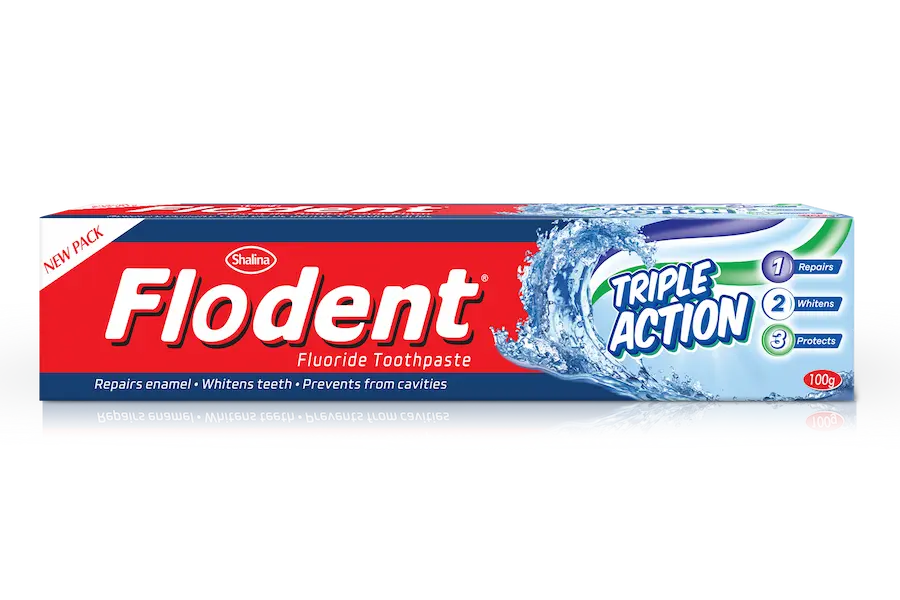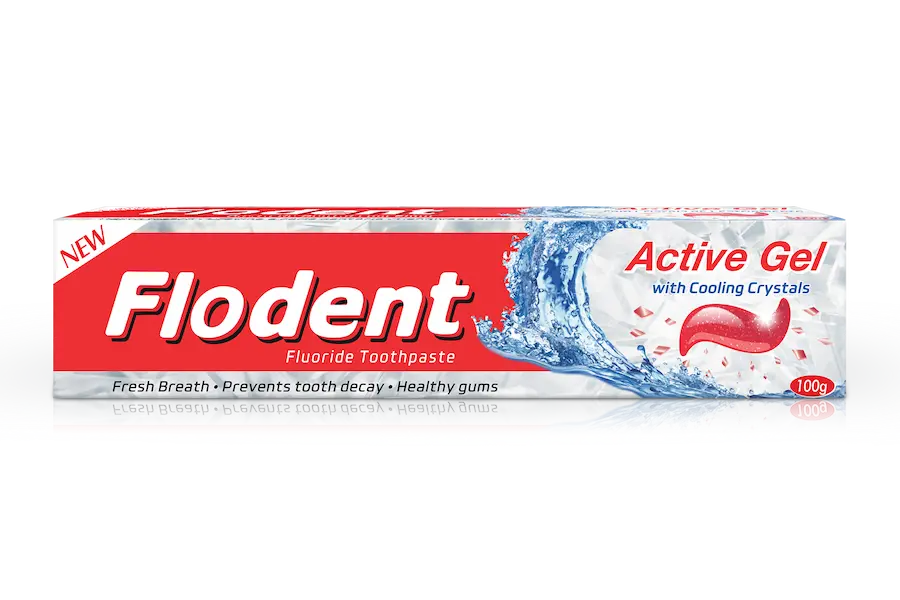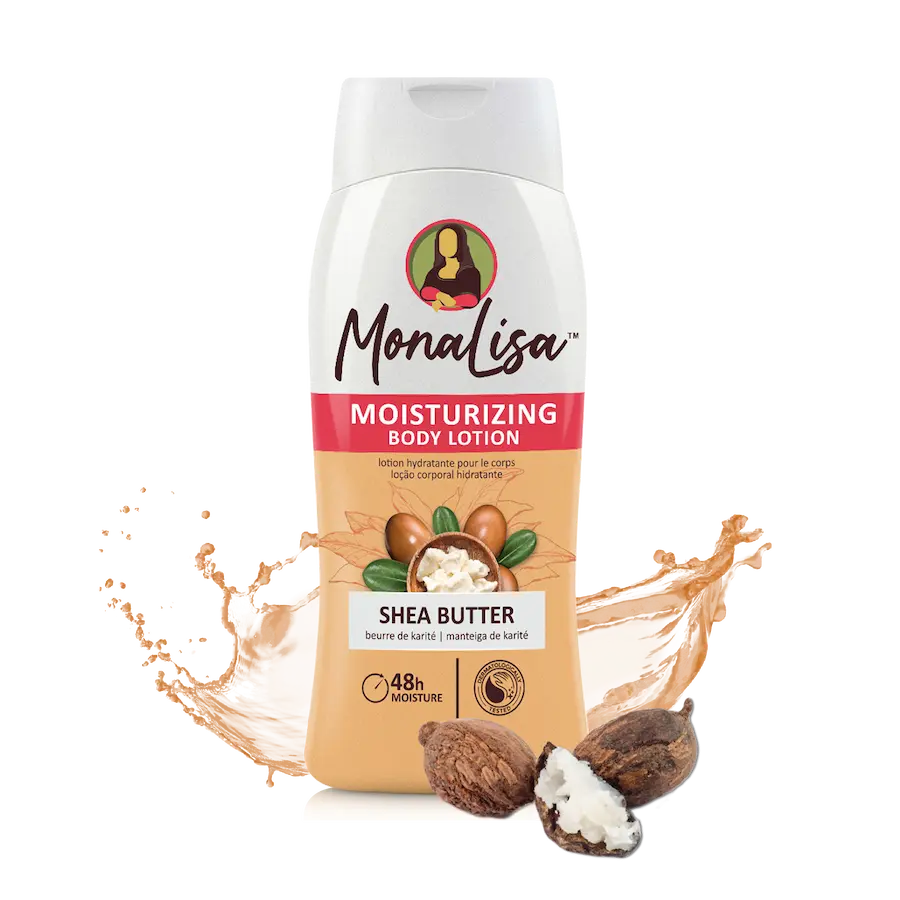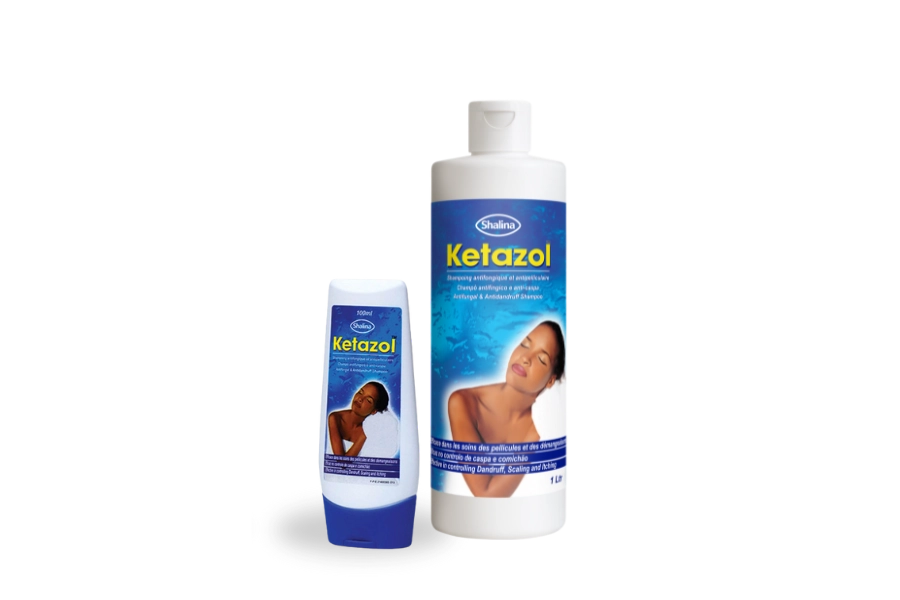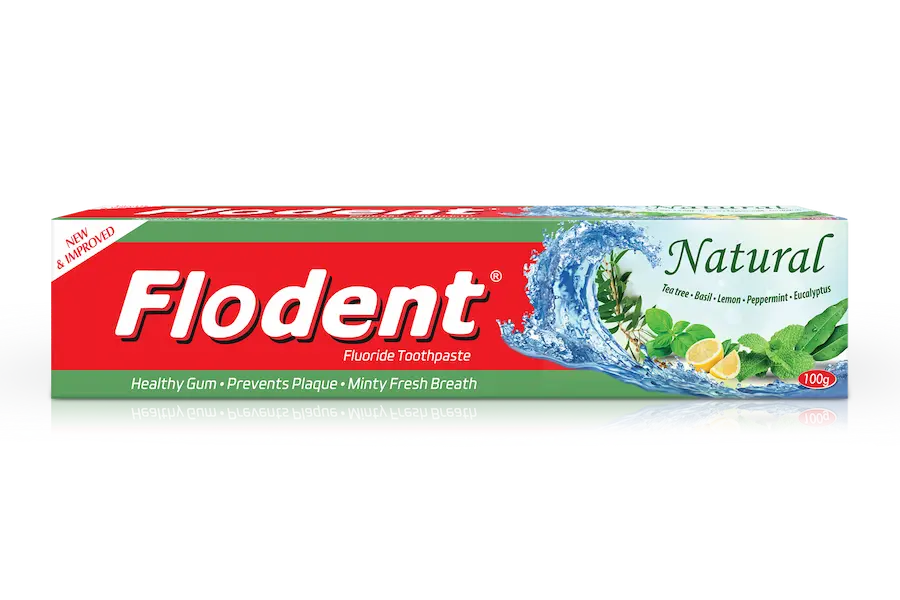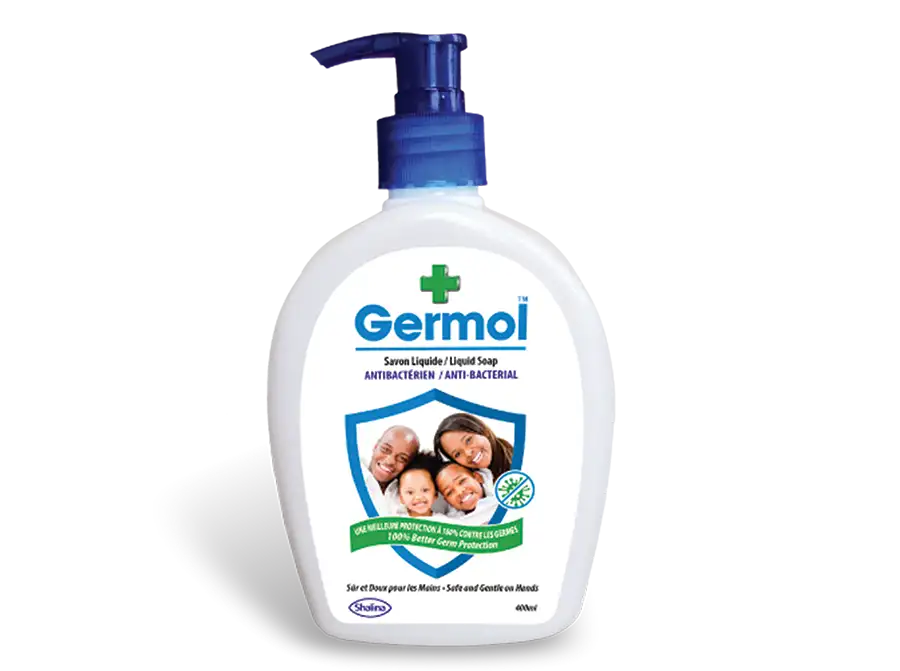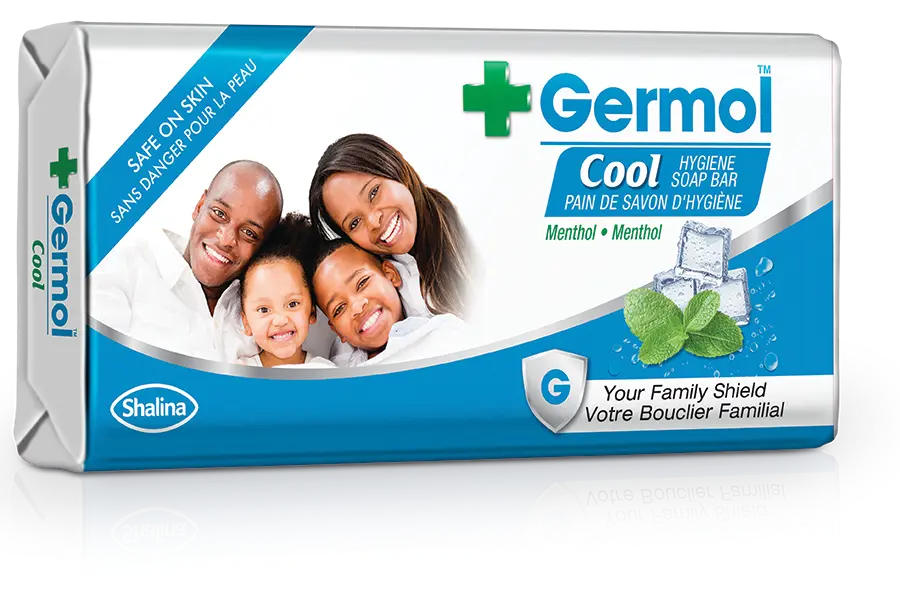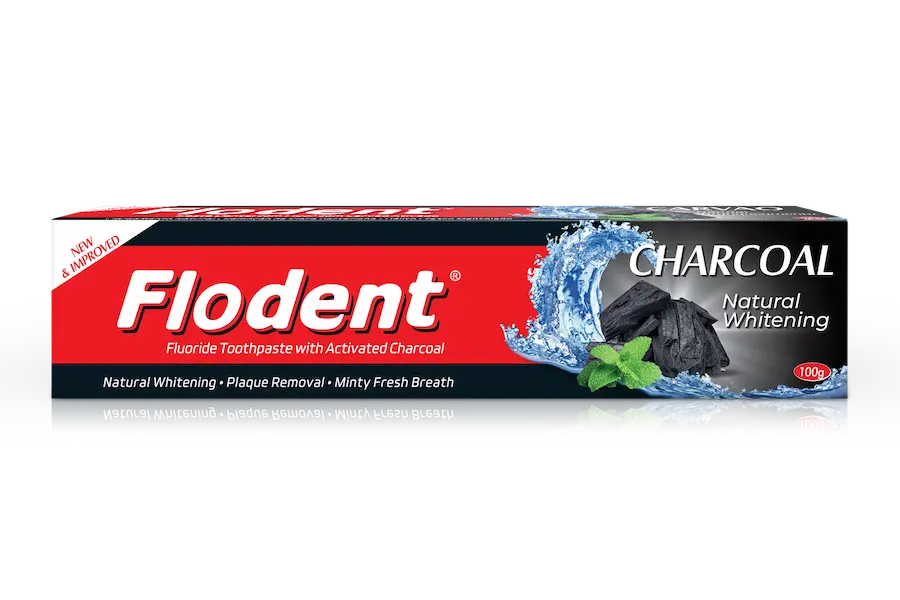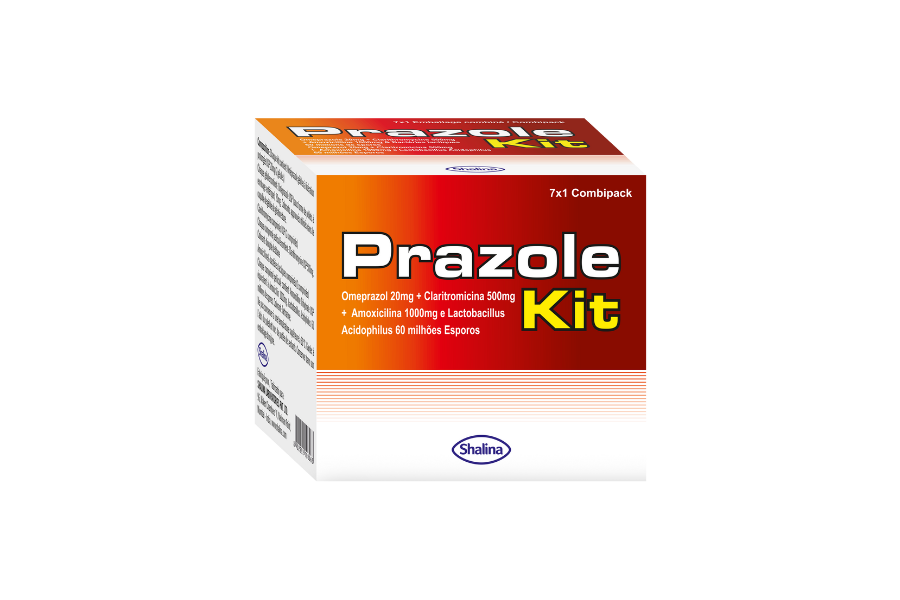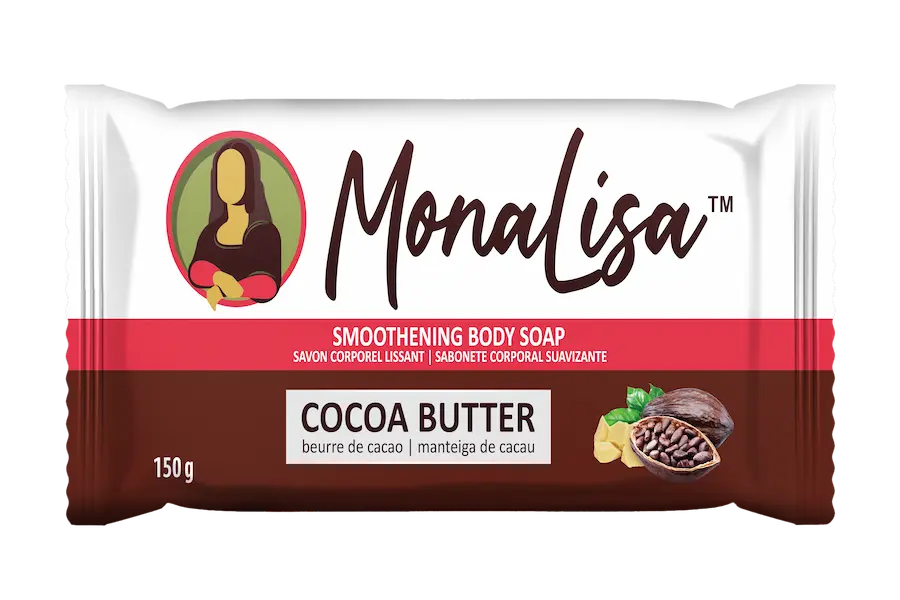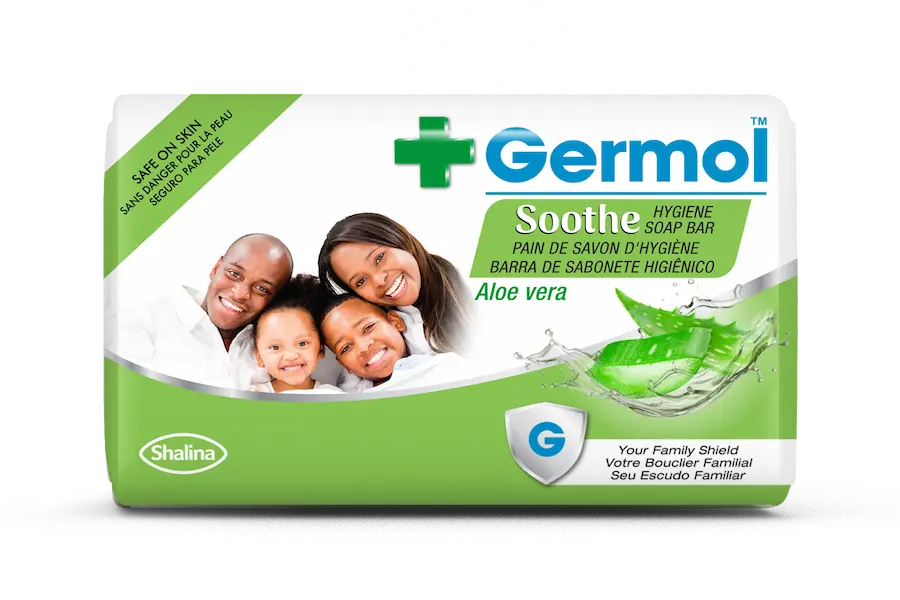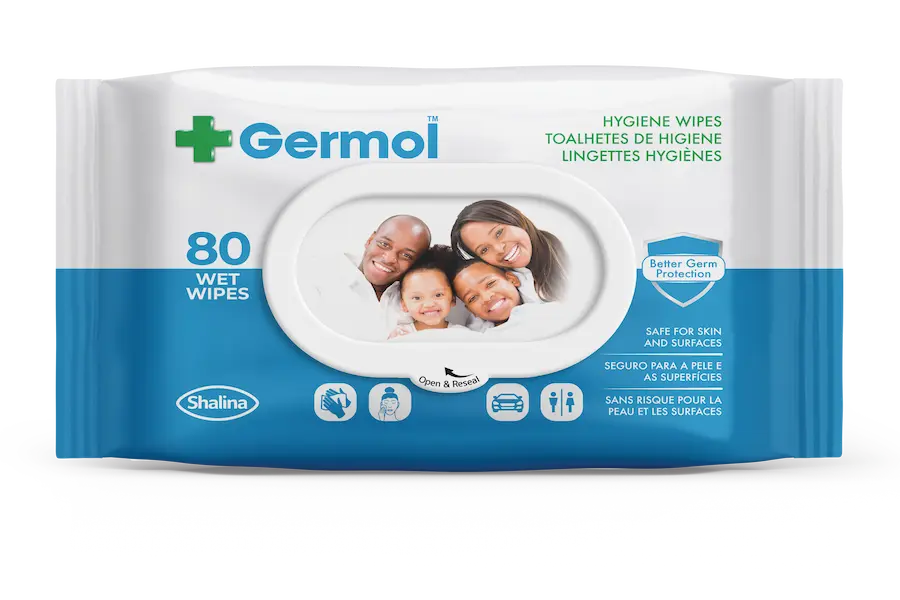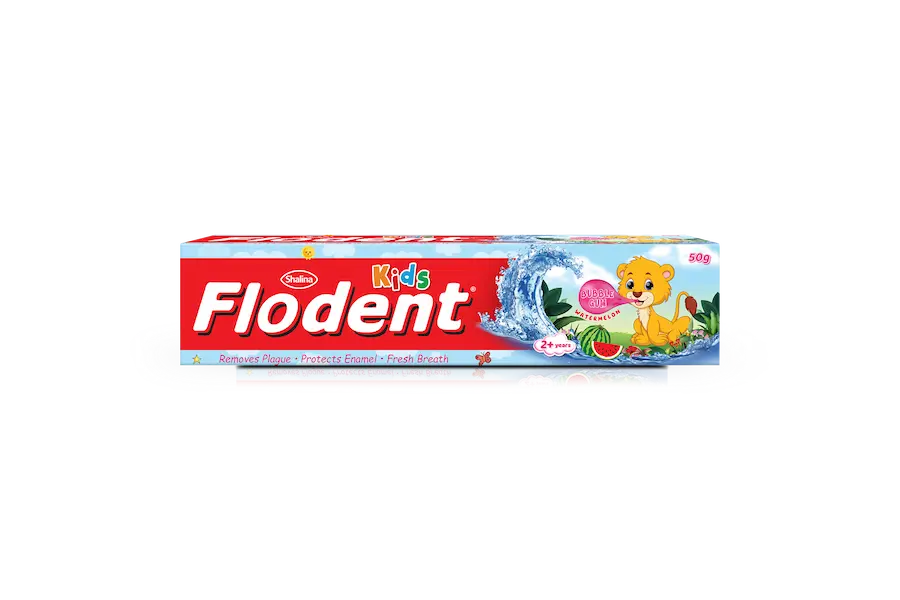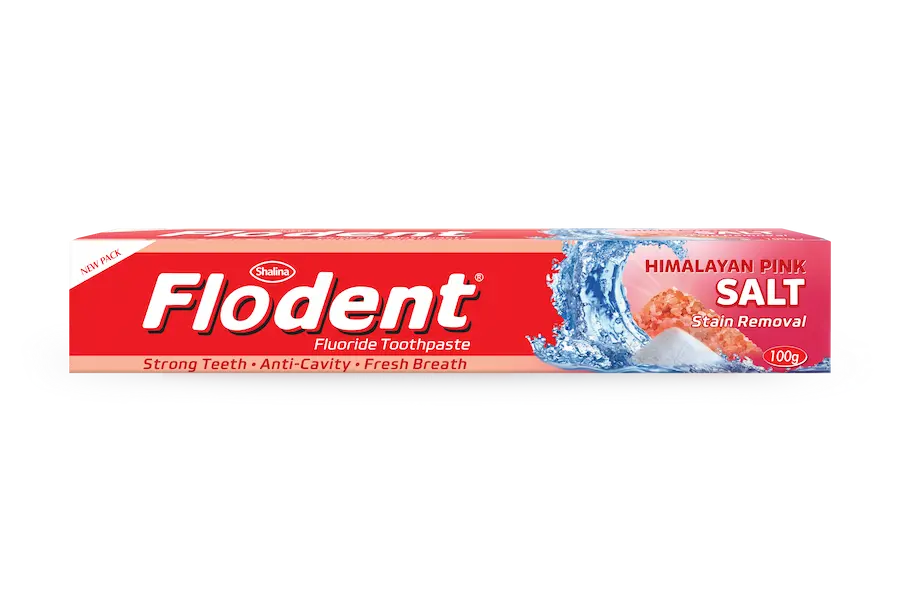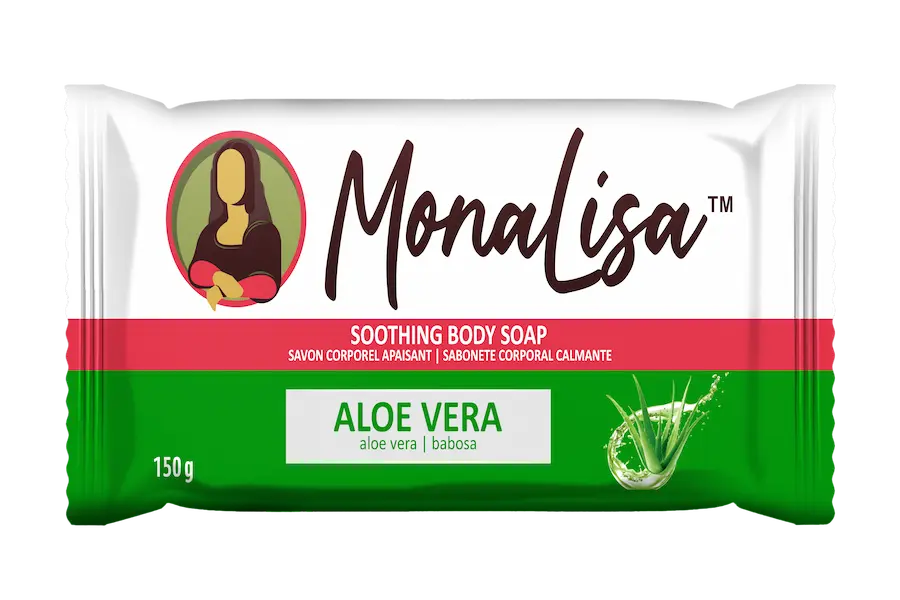Eczema is a common skin condition that affects many children, often starting when they are babies. It causes dry, itchy, and irritated skin that can flare up unexpectedly — especially in hot, dry, or dusty environments common across Africa. While it can’t always be cured, the right daily care can help your child stay comfortable and reduce flare-ups.
What Causes Eczema in Children
Eczema happens when the skin’s protective barrier doesn’t work as well as it should. This allows moisture to escape and irritants to get in, leading to dryness and itching. Some children are born with sensitive skin or a family history of eczema, asthma, or allergies. In babies under six months, eczema often shows up on the scalp and face, especially the forehead, cheeks, chin, and around the mouth. As your baby starts moving more (after six months), the rash may also appear on the elbows and knees. On darker skin tones, eczema patches might look darker than the rest of the skin, rather than red.
Common Triggers to Watch For
Every child is different, but common triggers include:
- Heat and sweat – especially in humid or hot weather.
- Harsh soaps and detergents – these strip away natural oils.
- Rough fabrics like wool.
- Dust, pollen, or pet hair.
- Stress or certain foods – sometimes, flare-ups happen after eating eggs, milk, or peanuts.
Keep track of what seems to make your child’s skin worse to help you manage it better.
Everyday Care Tips
- Moisturise daily, even when there’s no rash. Thick, fragrance-free creams work best.
- Use gentle, mild soap and avoid bubble baths or strong body washes.
- Dress your child in soft cotton clothing.
- Keep nails short to prevent scratching and infection.
- Bathe with lukewarm water, not hot, and pat skin dry (don’t rub).
If your child’s skin becomes very red, painful, or starts oozing, it could be infected. A doctor may recommend special creams or medicine to help calm it down. With patience and consistent care, most children outgrow eczema or find that flare-ups become much milder over time.
References
https://www.ncbi.nlm.nih.gov/books/NBK538209/#
https://www.webmd.com/skin-problems-and-treatments/eczema/eczema-epidemiology
https://journals.eanso.org/index.php/eajhs/article/view/2866#
https://my.clevelandclinic.org/health/diseases/23408-baby-eczema#











